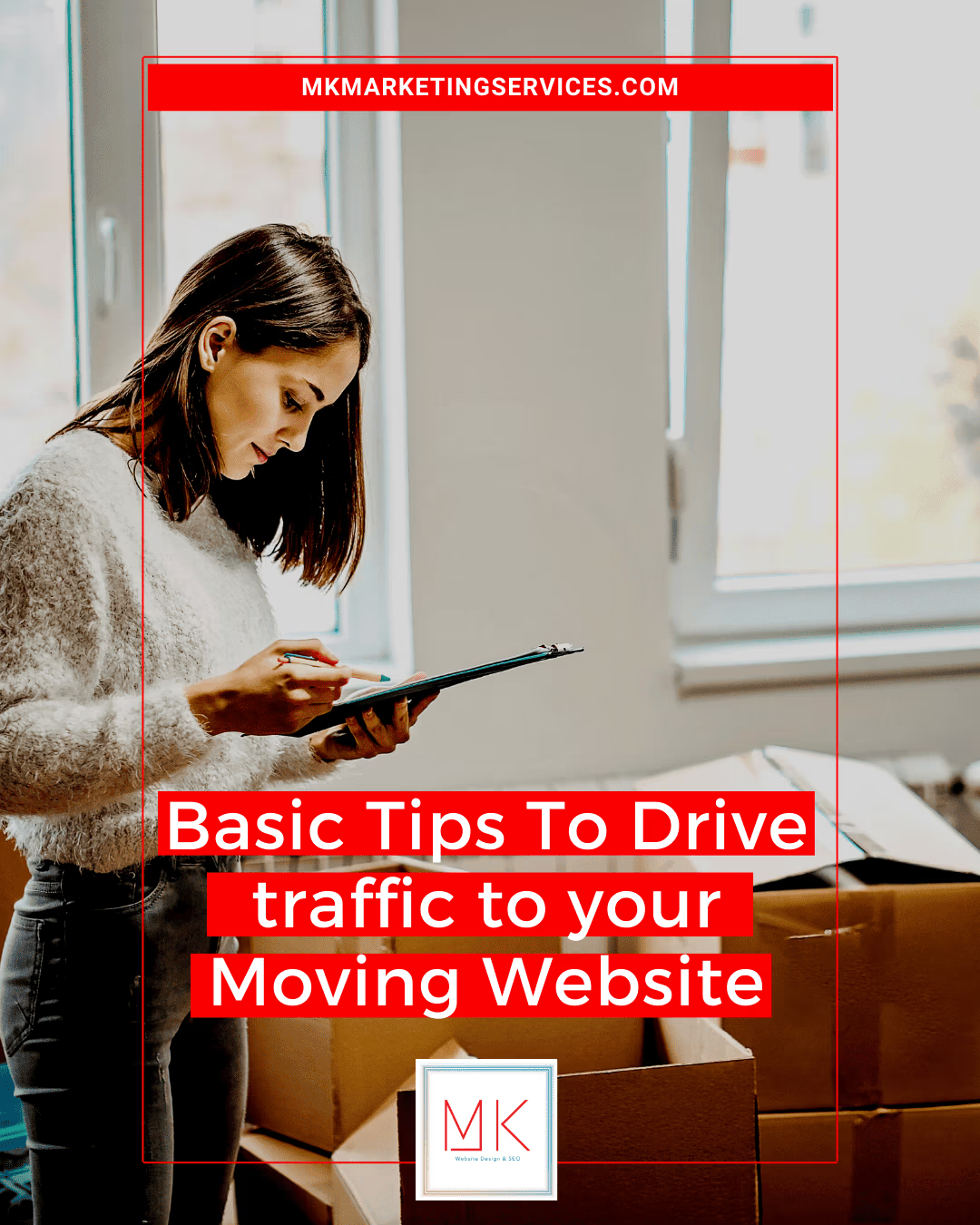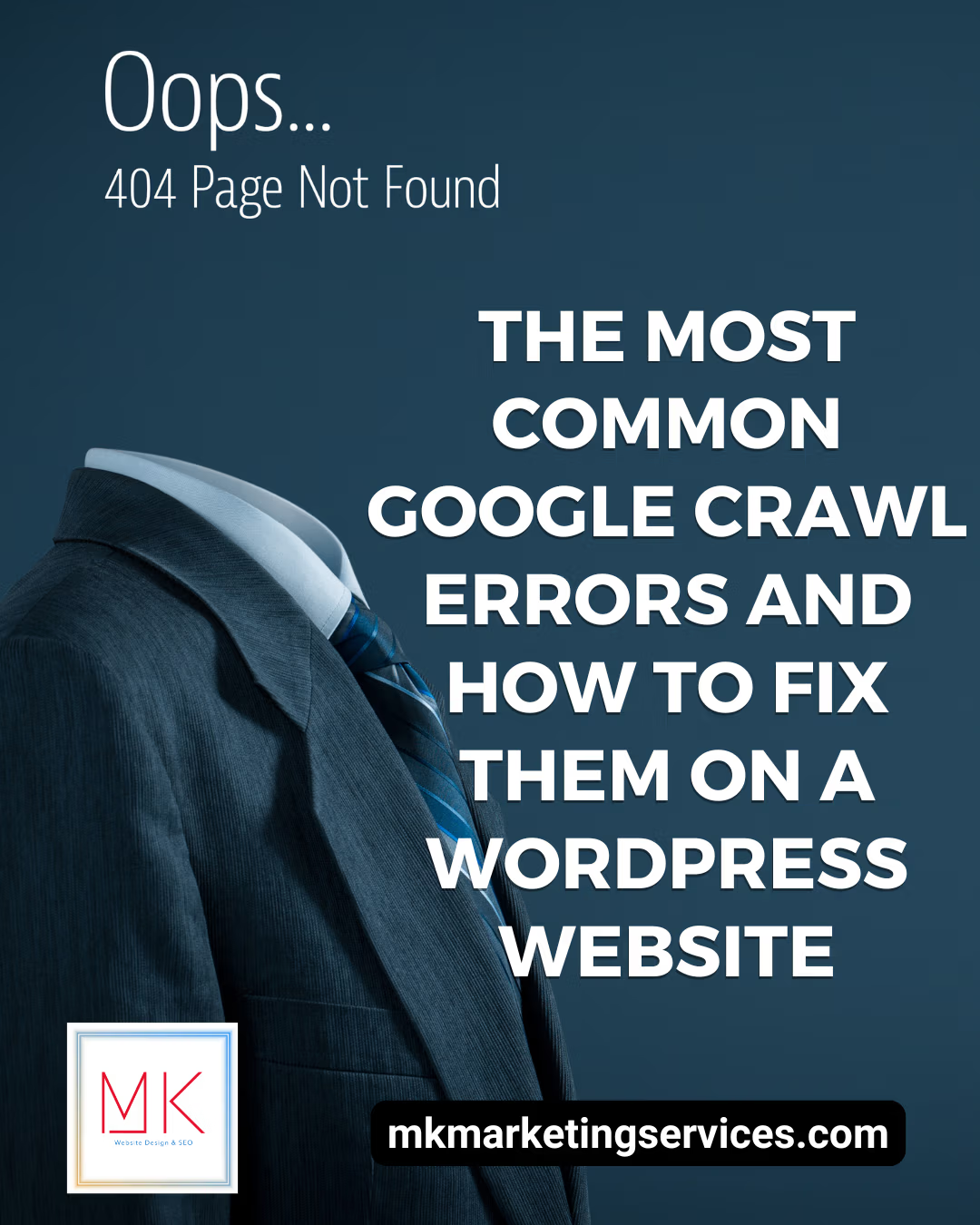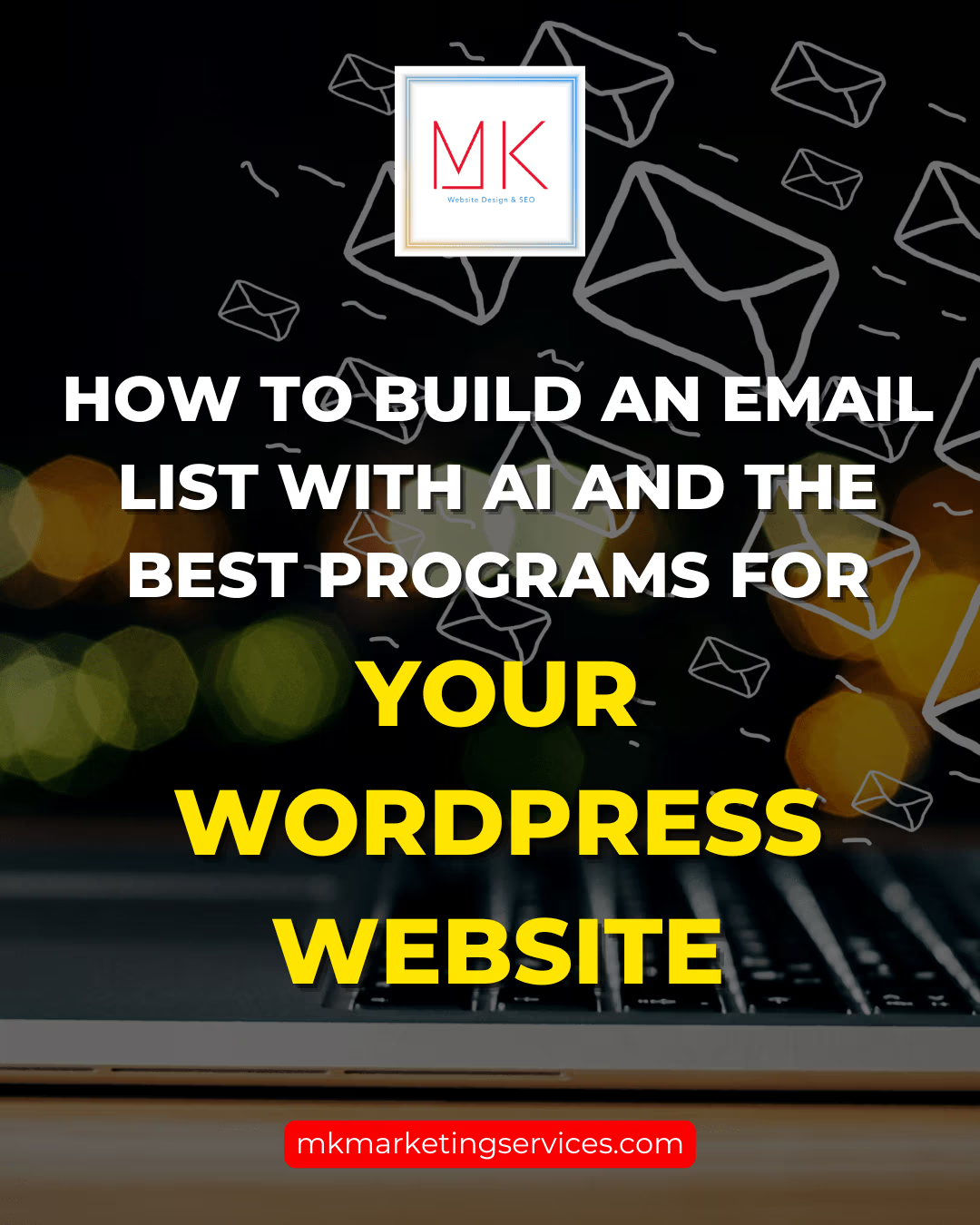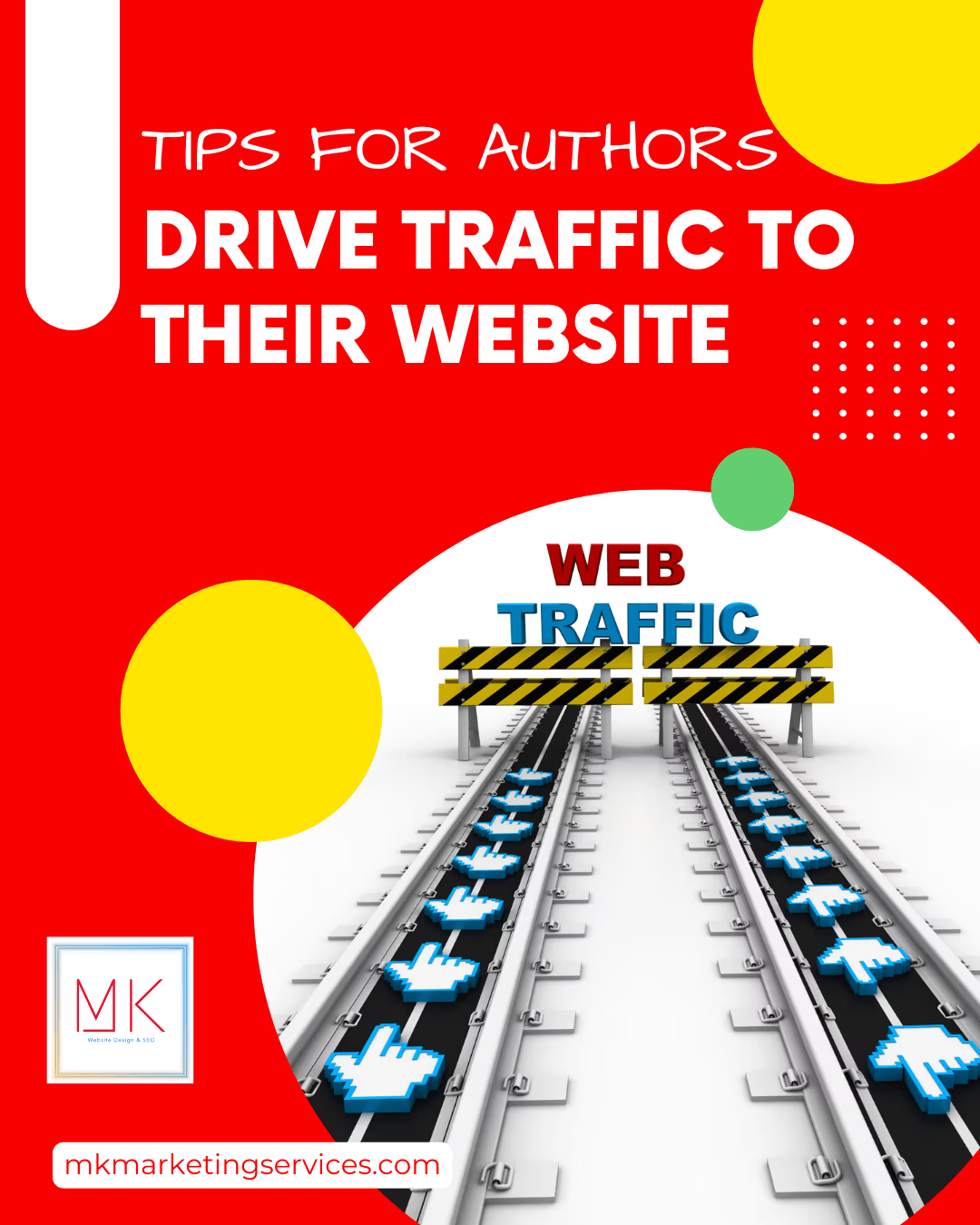Are you an expert in search engine optimization? Maybe not, and that’s completely okay! (If you are, this article isn’t for you, anyways, smartypants) Most of us are experts in our areas and forget that expecting ourselves to know all the details of every aspect of doing business is unreasonable.
Search engine optimization (SEO) is an entire job all on its own, just like an electrician or a plumber. You wouldn’t expect someone with no experience in the moving business to walk in your door and seamlessly pick up all the details of your business on day one, so you shouldn’t beat yourself up if traffic to your website isn’t what you’d like it to be.
Most businesses struggle with boosting their website traffic until they hire a pro or do an online deep dive. While I won’t promise that this article will make you an SEO expert in minutes, you will definitely have some new, straightforward strategies to test out when you finish reading.
Before we get into the nitty-gritty of SEO, let’s go over what that term means and what phrases you’ll see floating around various analytics dashboards you should know. You probably already know that search engines are a powerful tool in your marketing arsenal. Unless a potential customer knows your exact URL and types it into their query box without any mistakes, a search engine is one of the best ways for them to find your business online.
For example, say your business name is A-1 Movers, and your website is www.a1movers.com. A potential customer could type exactly that website address into their browser, and the web would direct them to your website. Sounds great, right? It is, is every one of your potential customers already knew your website address before they even knew about your business.
What’s more likely to happen is that they’ll go to a search engine like Google or Bing and type in something like “moving companies near me.” You’ll pop up at the top of the list if you have good SEO. Most users won’t look past the first handful of results, and even less will go to a second page. Meaning that if more than 8-10 companies have a higher SEO ranking than you, chances are your potential customers will never even know you exist. (If your website traffic is high, but so is your bounce rate, that’s a different issue altogether).
That’s the power of SEO! Now that you know what it can do for you, let’s talk more about the A-1 Movers example.

Understanding Keywords
Search engines know that most people won’t know the name of your business, but instead, they’ll type in keywords related to moving. They operate based on highly complex mathematical algorithms and programming that’s taken literal decades to advance to the point we’re at now, so we won’t go any more in-depth about what goes into the mystical algorithm. Search engine companies don’t make their algorithms public, so marketers and business owners have to do their best to guess and establish best practices for many of the specifics.
Save it to say, SEO algorithms comb the entire internet for available websites that have your keywords on them. Simply put, the more those keywords repeat, the more relevant the algorithm thinks your website is, and the more likely it is to put it at the top of a user’s list. Keywords can also be phrases or combinations of words, not only single words.
Modern programming has made the algorithms much smarter than they used to be, so simply publishing a webpage with the word ‘movers Detroit’ repeated 1,000 times won’t work, but it will work against you. SEO sites are now on the lookout for ploys like this one, referred to as ‘keyword stuffing.’ So, people that make a block of text 2 point font that just reads “movers movers movers” endlessly and color it the same as their page background, they’re not as sneaky as they might think! You shouldn’t try to work around the system because the search engine will likely push your website lower down the rankings instead of higher.
Keyword Rankings
Now that we’ve just gone and made keyword rankings sound so nice and simple, we’ll add some more detail into the mix!
Not all keywords are made equal. Essentially, SEO algorithms can now ‘learn’ what high-value keywords are versus throwaway words. To use our last example again, the keyword “movers Detroit” is a more highly ranked phrase than the words on their own. “Movers” could refer to thousands of things. Movers and shakers, exercise, etc. Think of how many websites have the word “Detroit” on them for any number of reasons. When you start adding them together, that’s when things get interesting.
The more relevant keyword combinations your website and your blog has on it, the more likely you will rank highly on Google. There is a definite balance between having too much text on your website, causing your users to be overwhelmed and leave, and not having enough to boost your SEO ranking. That’s why so many moving businesses hire writers specializing in SEO copywriting and savvy website designers — it’s important and works!

Tools To Identify Your Google Ranking
There are a ton of online tools that can help you figure out where your moving company SEO is ranking, but not all of them are created equally. Some are extremely powerful, but these are also costly and likely needlessly complicated when you’re just getting started. Others are great but so simple that you hit a paywall past a couple of stats.
Here are three options that can help you get started:
- Google Search Console – Search Console is a free tool from Google that gives you a ton of analytic power and insight into what’s happening concerning your website on Google. The downside is that it doesn’t cover other search engines, like Bing.
- Semrush – Semrush is an excellent all-around tool. There is a free version that is more than enough to get you started and paid tiers that can grow with you and your new SEO knowledge.
- Moz – Mox is similar to Semrush, both are great tools, and much of the choice comes down to personal preference.
SEO Vs. Traditional Marketing

Don’t be convinced by anyone who tells you things like “Digital marketing doesn’t work” or “Traditional marketing is dead. Digital is the only way to go.” Like most things, a combination of both is typically what works best. There are absolutely exceptions to this — businesses that exist purely online or have no need for an online presence. Still, those are extremes that don’t apply to most moving companies.
Your moving business is unique, and your marketing strategy should primarily revolve around what your target audience is. Are you a moving company in a populated urban center with young finance professionals? That might mean you should lean more on SEO and digital marketing. But what if your city’s downtown core has terrible traffic and the majority of people commute via public transit? Perhaps part of your strategy is traditional print advertising on trains. It all depends on your business and your audience!
Doing It Yourself Vs. Hiring An Expert
Getting your feet wet by setting up an account with an SEO analytics tool like Search Console is a great place to begin. You can find out if you have an affinity for SEO — you never know. Maybe you’re a sleeper moving company SEO whiz!
If you find that you’re interested and you implement some of the keyword strategies from this article to bump your SEO ranking within your local market, but you’re not sure how to take it farther, that’s when hiring a pro can help.
We discussed how knowing your audience is critical to effective SEO, and a pro will know how to find facts on who your audience is, where they come to your website from, and what are the best strategies to increase your current exposure and/or break into new markets.
The moving business can be competitive, and good SEO can be the thing that sets you apart from the competition and improves your visibility. Take the plunge and follow the steps we set out above — you’ll be amazed at how quickly you see positive change with well-researched keywords and some dedication to your website content. There’s no question that it is work and hard work — but so is moving, so we know you can do it!
Written by: HireAHelper.com













